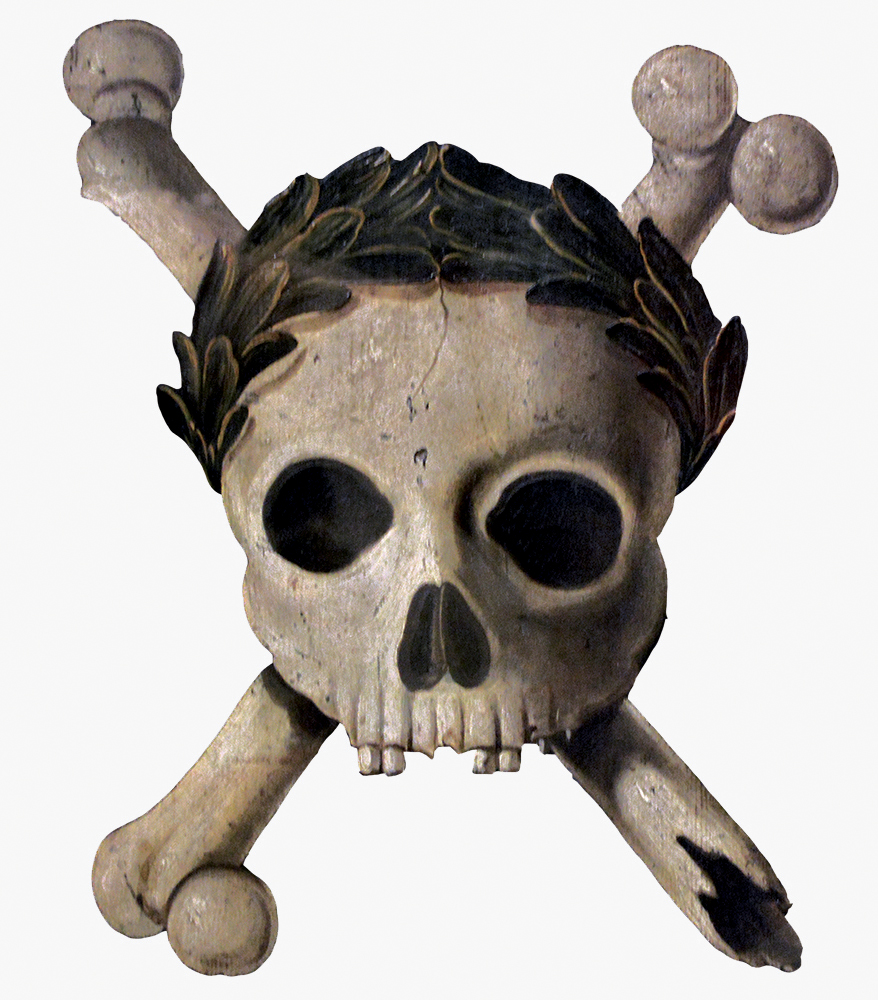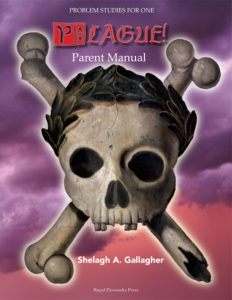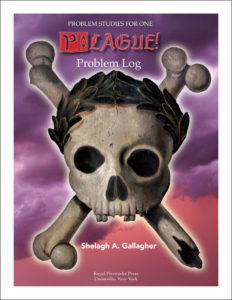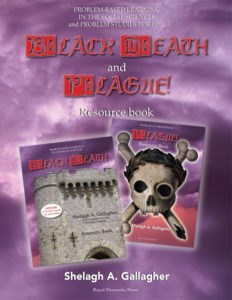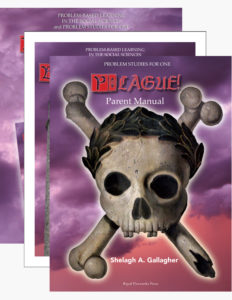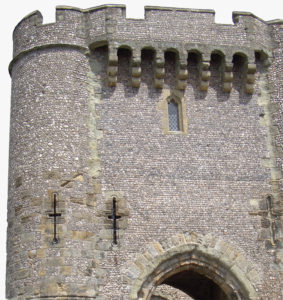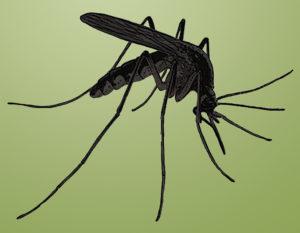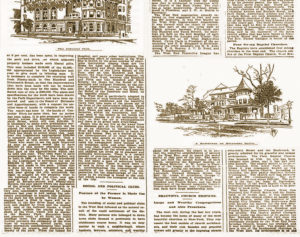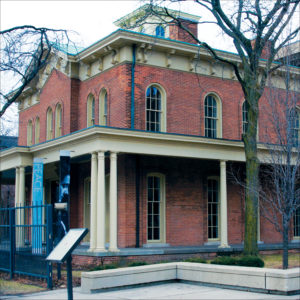Sign in for exclusive products and special discounts.
Plague! Problem Studies for One Unit
Plague! is based on the plague that devastated Europe in the mid-fourteenth century. The child, in the role of a local government official, must decide what to do to keep the town’s residents safe as the Black Death marches toward them. Children who work through this unit must assess the level of risk the townspeople face, determine when the plague might arrive in the town, consider what might happen if it does, and decide what to do to try to prevent that from happening.
In This Series
Description
Plague! is the adaptation of Black Death for a single student. It takes the same problem but alters the PBL experience so that an individual child can participate in the process of learning about the issues involved in trying to save a town from the devastating effects of a lethal disease through discovery, research, and higher-order thinking.
Plague! is based on the plague that devastated Europe in the mid-fourteenth century. The place is the northern Italian town of Lucca, and the year is 1348. Reports of the Black Death have reached Lucca. It has been marching north through Italy, laying waste to one community after another. In Florence, more than half of the city is dead or dying of the disease—and Florence is not that far away.
The unit begins with the child, in the role of a government official, being called to an emergency meeting to decide what the people of Lucca should do. Children who work through this unit complete lessons that help them assess the level of risk the townspeople face, determine when the plague might arrive in the town, and consider what might happen if it does. The information available is only what was suspected at the time—that foul vapors carried the disease through the air, for example, instead of fleas. This creates a situation in which the child must use logic and rational thinking to try to save the townspeople against a terrifying unknown, and it ultimately leads to interesting conversations about how medical professionals approach new diseases today. The unit culminates with a presentation by the child to the town’s Council of the Elders of a plan to keep them as safe as possible.
Details
- Curriculum
- Problem-Based Learning
- Ages
- 10, 11, 12, 13, 14, 15, Parents & Other Caregivers
- Grades
- 5, 6, 7, 8, 9
- Subjects
- History, Problem-Based Learning, Problem-Solving
- Formats
- Series
- Downloadable Materials
- Yes

